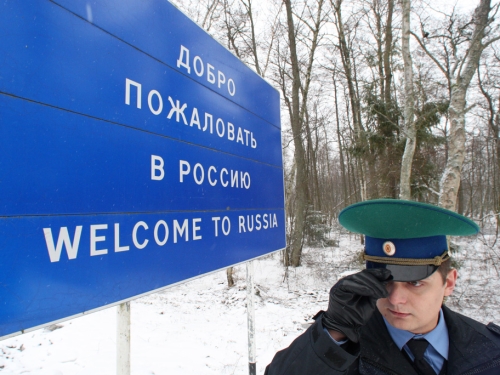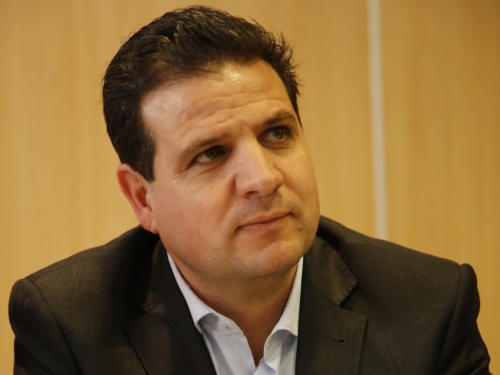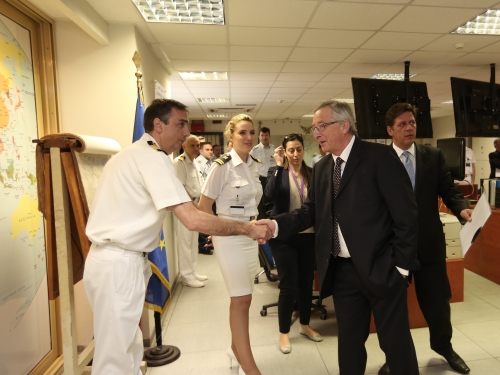
Russia’s ongoing military modernization program continues to alarm NATO’s eastern flank. Over the next five years, Moscow aims to have revitalized between 70 – 100 percent of the country’s armed forces. To assist, the Russian military budget was increased by 33% this year, to approximately 3.3 trillion Rubles ($81 billion), or 4.2 percent of the country’s Gross Domestic Product (GDP), with an estimated $700 billion to be spent between now and 2020.
Yet, can Moscow really afford its current defense spending spree? And why has Russian President Vladimir Putin decided that the time to revitalize the country’s armed forces is now? Part of the answer to these questions lies in a concurrent development in Russian defense policy – the recent adoption of the country’s new military doctrine.




